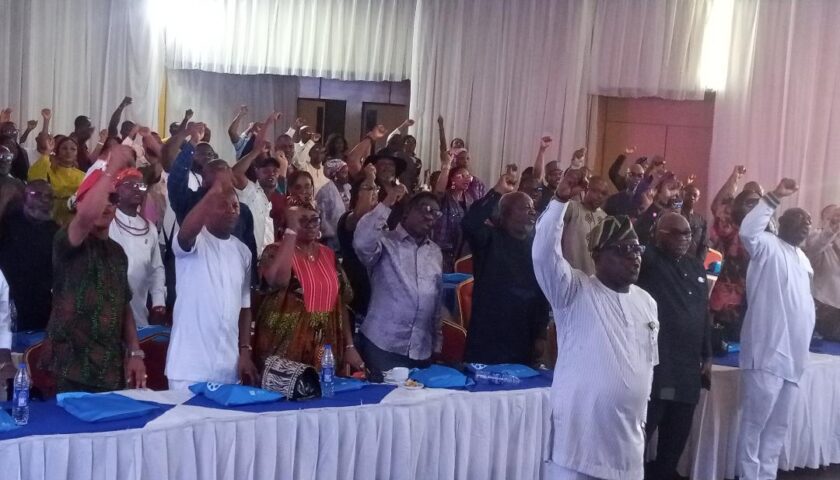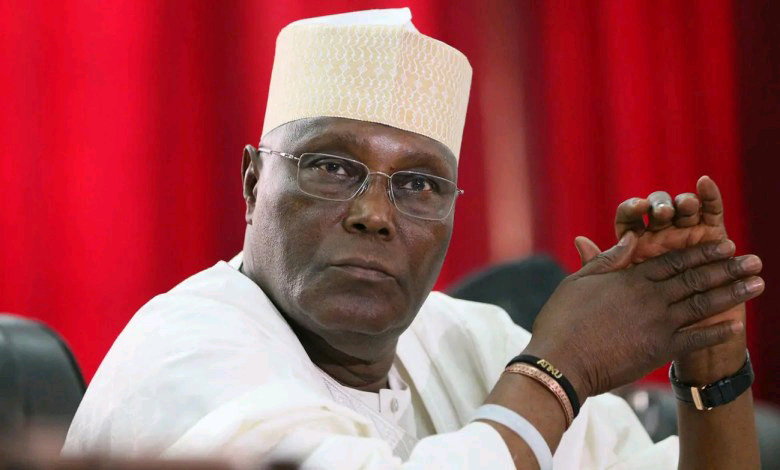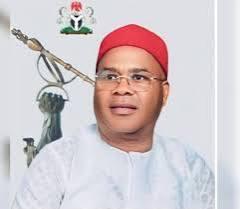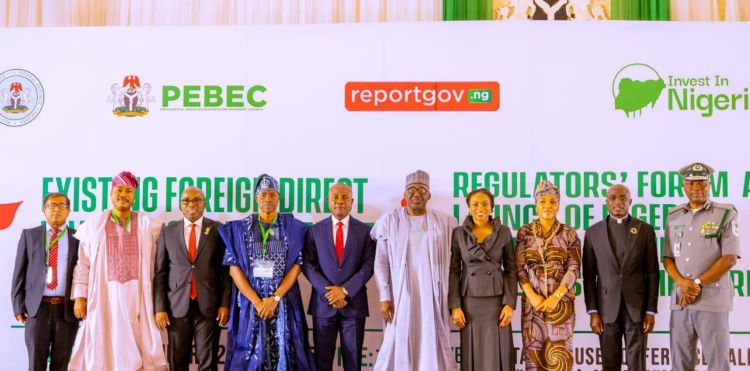By Tony Adibe
There is strong indication that the President Bola Tinubu-led Federal Government must have given a nod to the proposed law prohibiting depiction of money ritual, ritual killing, tobacco, tobacco products, nicotine product promotion in Nollywood films, musical videos, and other creative works.
The aim was to sanitise the entertainment (film) industry by making sure that films/video works, musical videos and skits are free of depiction and glamourization of harmful substances like smoking of tobacco, violence, criminal acts, immoral acts, ritual killing and money ritual, among others.
The Executive Director/Chief Executive Officer (CEO) of the National Film and Video Censors Board (NFVCB), Dr. Shaibu Husseini gave the indication while addressing participants during the National Stakeholders Engagement on Smoke-Free Nollywood held at the Nike Lake Resort, Hotel, Enugu on Tuesday. His key-note speech focused on the NFVCB Classification Mandate, and the Quest for Regulating Smoking in Movies produced in Nigeria.
He said that stakeholders were facing an industry emergency, requiring bold and ambitious actions from “all of us” as parents, guardians, and stakeholders. He added that after a series of engagements, the NFVCB, in collaboration with the CAPPA, decided to do a Subsidiary Regulations to cater for smoking in movies since that aspect was not expressly spelt out in the extant Law.

“When my predecessor approached the erstwhile minister of information, Alhaji Lai Muhammed on the need to make a subsidiary legislation to curtail the display of smoking in Nigerian movies, he saw the need to include ritual killing and money ritual in the regulations in order to further sanitize the film industry,” Husseini explained.
NewsBits reports that the forum was put together by the Corporate Accountability and Public Participation Africa (CAPPA) in alliance with NFVCB as partners. The event was part of CAPPA’s corporate social responsibility in Nigeria’s creative industry.
“Today, I am delighted to announce to you that the Honourable Minister of Arts, Culture and the Creative Economy, Barrister Hannatu Musa Musawa, pursuant to S: 65 of the NFVCB Act 2004, has approved the “Prohibition of Money Ritual, Ritual Killing, Tobacco, Tobacco Product, Nicotine Product Promotion, Glamourization, Display in Movies, Musical Videos and Skits” Regulations 2024,” said Husseini, who quickly added: “We have forwarded the approved copy to the Federal Ministry of Justice for Gazette.”
Husseini said that despite the obvious fact that Nigeria’s culture and heritage are part of “our existence”, people paid less than optimal attention to the movies that are produced until recently when CAPPA decided to reach out to the developers and regulators of the film industry to end the menace of smoking in movies.
He advised stakeholders in the public and private sectors to regard the gathering as an important platform to forge strategic partnership in order to mobilize scarce funding and create innovative models to assist in educating/sensitizing “mothers, youth and the general public to combat the hydra-headed menace in the form of unapproved and unclassified content.”
The CEO of NFVCB said that recently, the body realised that tobacco industries hide under the banner of entertainment to flaunt smoking with impunity. According to him, the NFVCB was well prepared to take leadership “in this regard” and had planned as well as begun implementing innovative ways to achieve its mandate, especially at this crucial time when the National Assembly is insisting that there is “Need to curb the rising spate of cultism, trafficking, consumption of illicit drugs and other substances among youths in Nigeria.”

Husseini said that the Board had been advised to undertake detailed enlightenment programs in secondary schools, tertiary institutions, local communities, faith groups and other institutions, as well as impose restrictions on home movies promoting social vices. He urged stakeholders, irrespective of their status in the film industry, to come forward and support the regulatory functions of the NFVCB through collaboration, information sharing and expert opinion.
He added that the media play a pivotal role in advancing great agendas, serving as a catalyst for change and a voice for the voiceless through insightful analysis and good reporting.
“The scourge of unclassified content is bedeviling our society and we need the media to shed light by sensitizing the general public and inspire mass action towards positive change in order to win this challenge confronting our country,” said Husseini, who added: “Ignorance, lack of awareness and appropriate knowledge about content is rampant. Therefore, we must remain persistent in our media literacy programmes.
He explained that the NFVCB was the only regulatory body in the film industry established by Decree No. 85 of 1993 now CAP N40, Laws of the Federation of Nigeria 2004.
He emphasised that the Board was mandated by law to censor and classify both local and foreign films/video works, register and license distributors, distribution premises, exhibitors and exhibition premises, video club operators, retailers amongst other functions and to regulate the film industry in Nigeria.
But in his speech entitled, “Let’s Keep Our Screen Healthy,” the Executive Director, Corporate Accountability and Public Participation Africa (CAPPA), Mr. Akinbode Oluwafemi described tobacco as “a killer,” stressing that currently, tobacco “kills over eight million people globally” with over 75 % of the figure coming from developing countries. He added that Nigeria “currently faces a double burden of Non-communicable Diseases (NDC), which is responsible for about 25 of all deaths in our country.”

The CAPPA boss bemoaned the fact that with over five million young Nigerians aged 15 years addicted to smoking cigarettes, “our job, not just as movie practioners and industry experts but also as parents, is to rise to the occasion and act right to protect our children and prepare for a smoke-free future.” He stressed that stakeholders have reached a point where they must stop the glamourization of smoking and instead, promote healthy lifestyles.
Oluwafemi said that to stem the tide of non communicable diseases epidemic for which smoking is a major risk factor, the World Health Organisation (WHO), initiated the first public health treaty called the Framework Convention on Tobacco Control (FCTC).
Nigeria signed that treaty in 2004 and ratified it in 2005, according to the CAPPA Executive Director, who recalled that Nigeria followed up with a comprehensive National Tobacco Control Act in 2015 and the National Tobacco Control Regulations in 2019.
“Both contain comprehensive provisions aimed at cutting tobacco use and reduction of deaths and diseases associated with smoking,” he explained, adding that the measures included “ban of tobacco advertisement, sponsorship and promotion, ban of sale to, or by minors, provisions of ban of smoking in public places, effective warning messages on tobacco packs, among others.”
Oluwafemi, however, regretted that smoking has remained prevalent in Nigeria movies in contravention of the NTC-Act and the Tobacco Control Regulations 2019 , which explicitly prohibits tobacco advertising, promotion and sponsorships in movies and entertainment, as showing studies have shown. Other speakers emphasised the urgent need to implement effectively and efficiently the outcome of the gathering in order to move the film industry forward.
As several papers were presented by experts drawn from the film industry and the health sector, a 20-chapter, 356-page book, entitled, “REGULATING NOLLYWOOD IN A GLOBAL ECONOMY”, containing a collection of articles, which focused on the many different aspects of the development of the regulation of the Nigeria film industry, was distributed to the participants at the end of the 1-day engagement.





